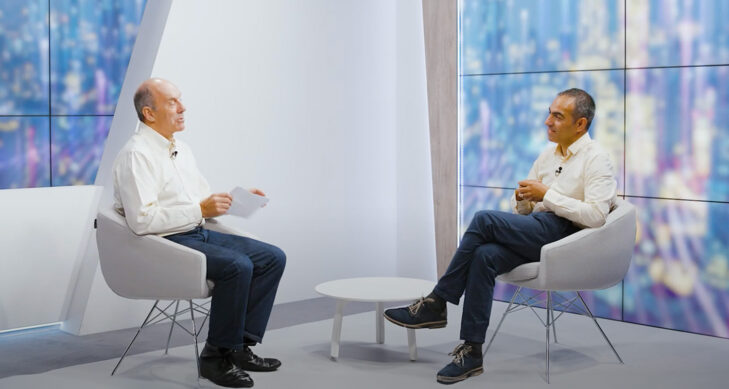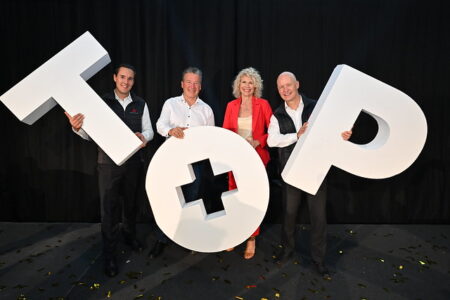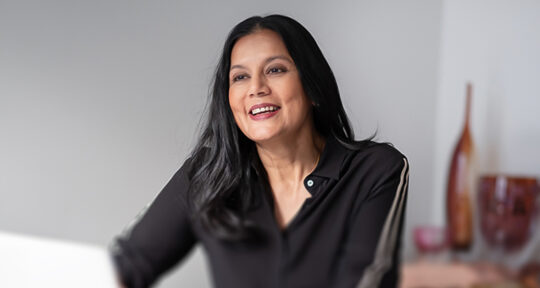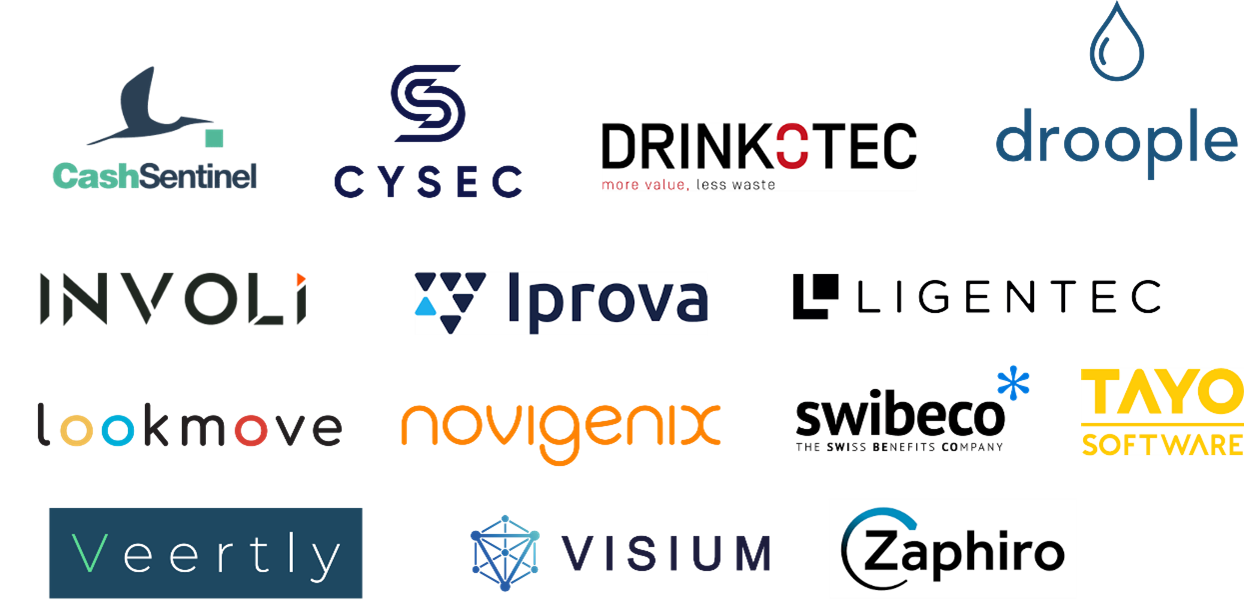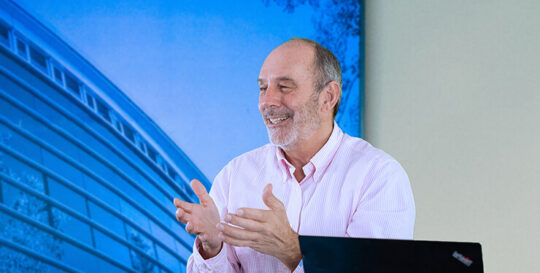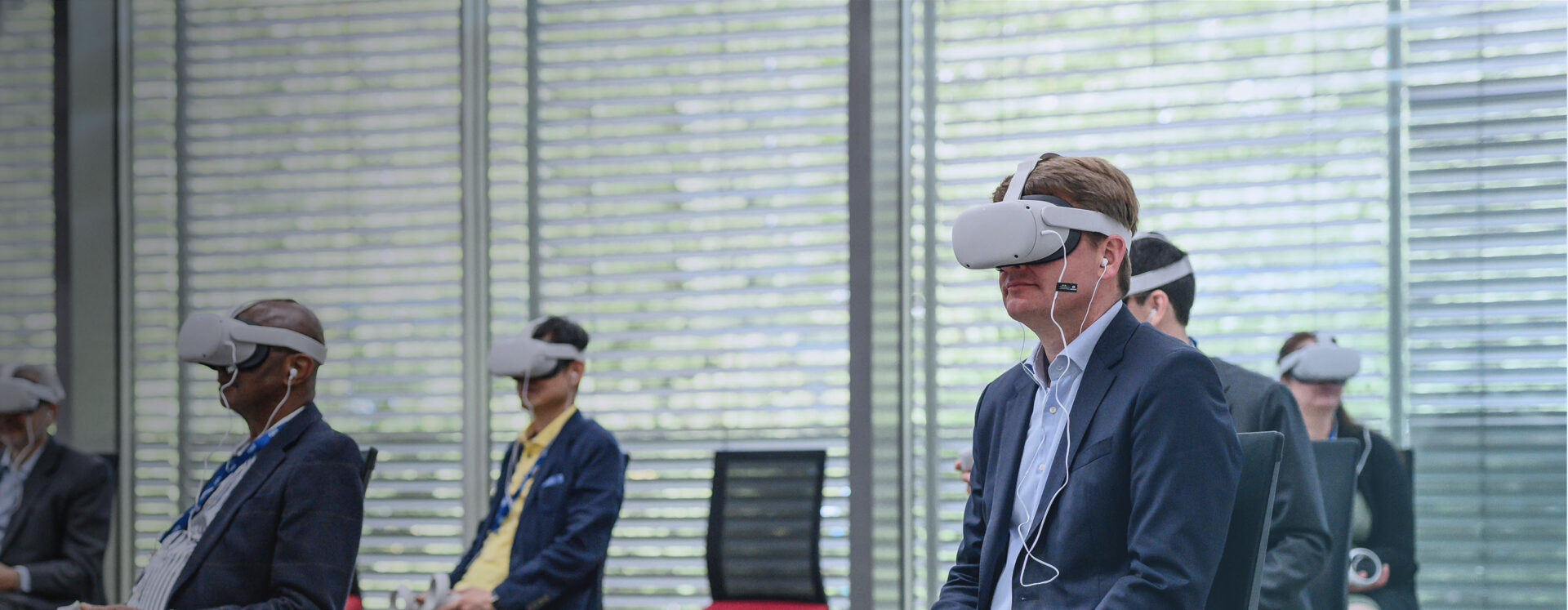

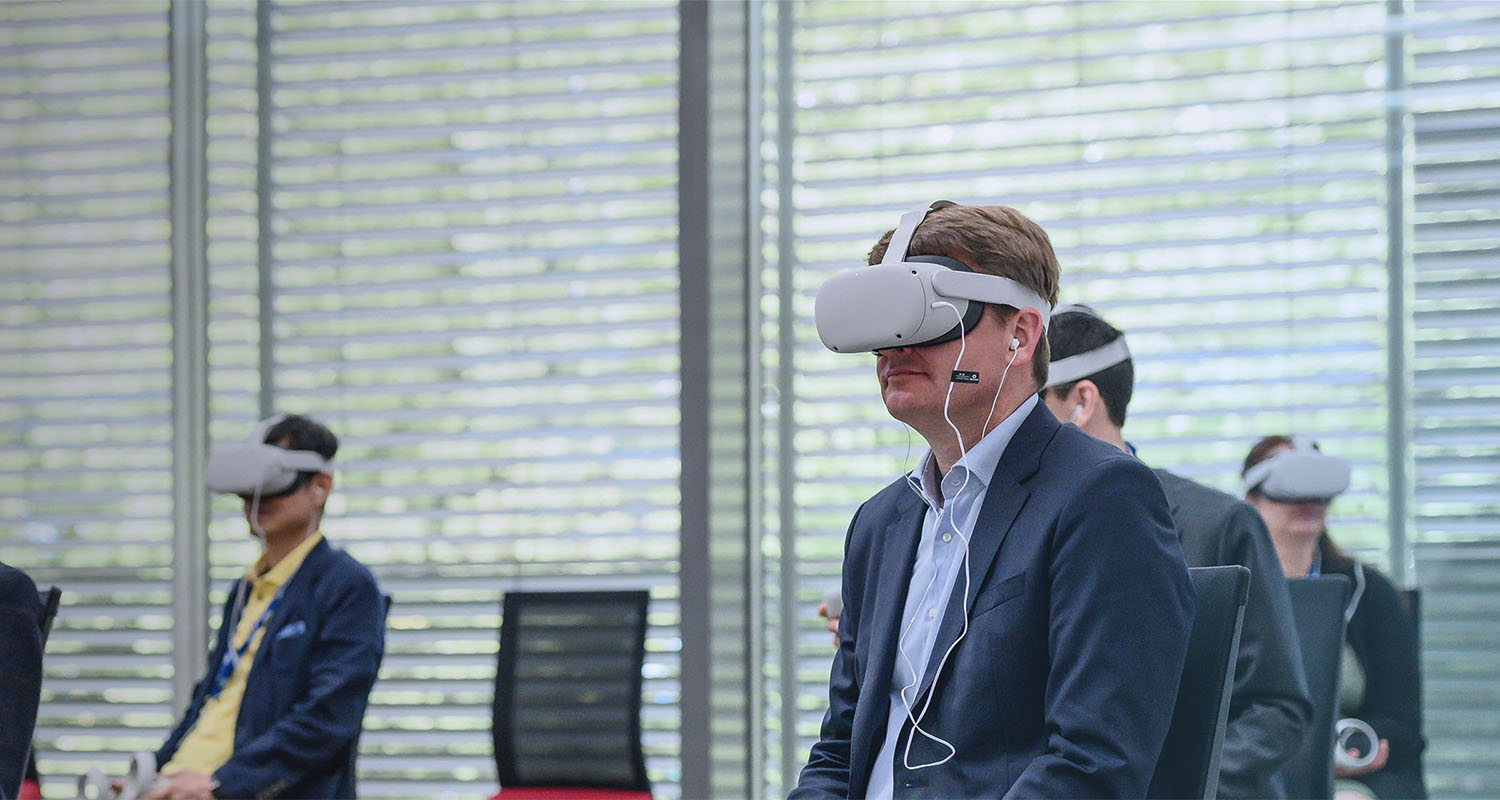
Venturing Ecosystem
The Venturing Ecosystem Initiative works with startups, scale-ups, and other high-growth, high-impact initiatives to help them direct leadership, create a strategy, build in customer-centricity, and construct a resilient organization that delivers to its customers, employees, and shareholders. Through our research and initiatives, we are committed to creating thriving entrepreneurial ecosystems.

by Jim Pulcrano, I by IMD

by Jean-François Manzoni and Mickey Mikitani, I by IMD

by Jim Pulcrano, I by IMD
In this first in our Tech of Good series, in which we showcase companies that are using technology to contribute to society, we meet Deepak Tewari (MBA 2007), founder and CEO of Privately.
IMD names 30 winners of its annual startup competition
Now in its 25th year, the IMD Startup Competition gives MBA and EMBA students a valuable insight into entrepreneurship, while also helping promising young Swiss ventures to achieve success.

Read our latest academic publications, which are regularly published in the world’s leading business and management journals.
IMD professors and research fellows produce a number of case studies each year related to new ventures.
